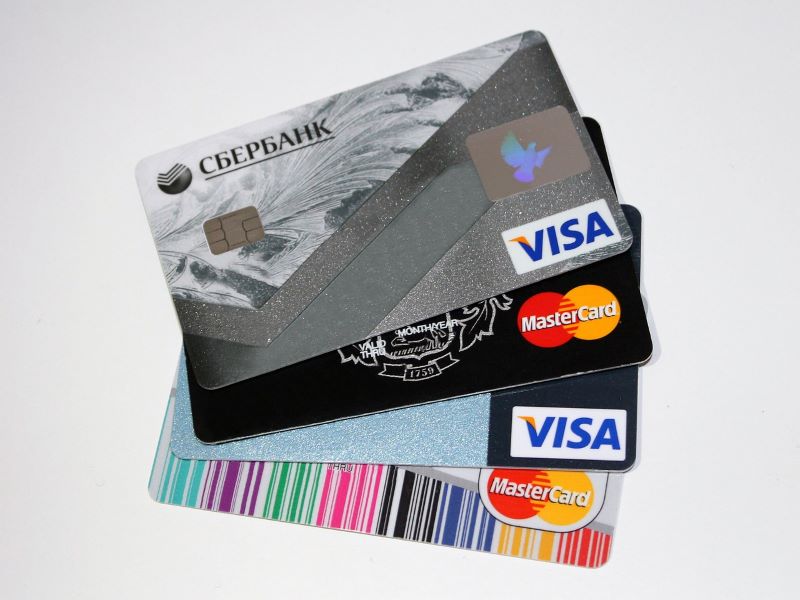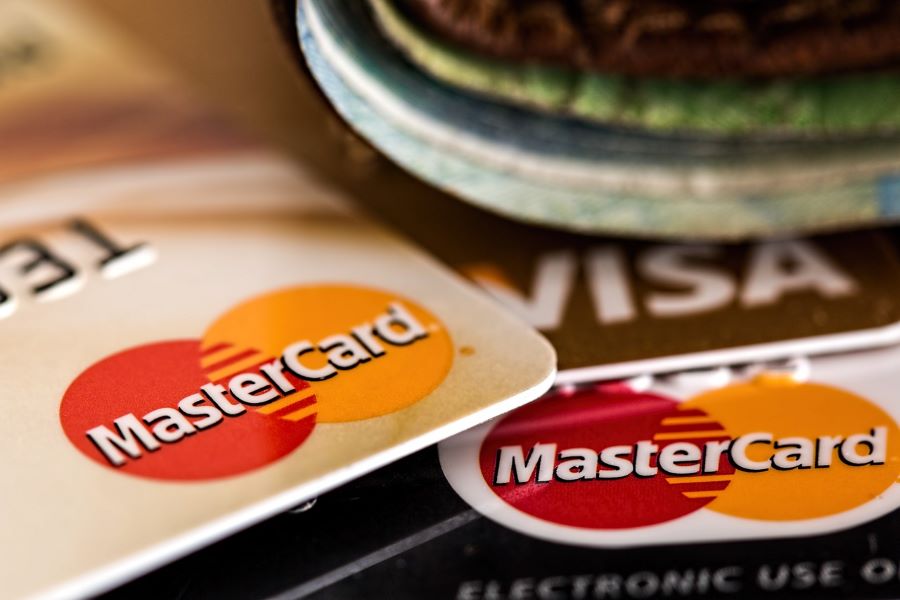In today’s digital age, credit cards have become an essential tool for conducting financial transactions conveniently. However, one common issue that credit card users may encounter is demagnetization. When a credit card’s magnetic stripe gets damaged or demagnetized, it can lead to difficulties in making payments and accessing funds. To prevent such inconveniences, it is crucial to understand how to protect your credit cards from demagnetizing. In this comprehensive guide, we will explore effective strategies and practical tips to safeguard your credit cards and preserve their functionality. Let’s dive into the details to ensure your cards stay secure and functional.
But before we dive deep into the blog topic, let us first go through the advantages of the Airtel credit card by Airtel Finance:
- Enjoy a 25% discount on all recharges made via the Airtel Thanks App.
- Receive a 10% discount on deliveries from Zomato, Swiggy, and Bigbasket.
- Earn a 10% cashback on utility bill payments.
- Access airport lounges throughout the year.
- Get an additional 1% cashback on all other expenditures.
- Benefit from a 1% fuel surcharge waiver on fuel transactions.
Also Read: Change or Update the Address on Credit Card
How to Protect Credit Cards from Demagnetizing: Tips and Techniques
Use Card Holders or Sleeves: Invest in card holders or sleeves made of materials that can shield your credit cards from external magnetic fields. These protective accessories act as a barrier against demagnetization caused by contact with other magnetic objects.
Avoid Magnetic Exposure: Keep your credit cards away from magnets, electronic devices, and other magnetic sources. Placing your cards near items like mobile phones, speakers, or magnetic clasps can increase the risk of demagnetization.
Store Cards Properly: Store your credit cards in a designated wallet or cardholder that offers adequate protection. Avoid placing multiple cards together, as friction between them can lead to damage to the magnetic stripe.
Handle Cards Carefully: When swiping or inserting your card for transactions, handle it gently and avoid bending or flexing the card. Rough handling can cause the magnetic stripe to wear out faster, making it susceptible to demagnetization.
Also Read: What is current outstanding meaning in credit card?
Regularly Check Card Condition: Inspect your credit cards periodically for any signs of wear or damage to the magnetic stripe. If you notice any scratches, dents, or fading on the stripe, consider replacing the card to prevent potential demagnetization issues.
Keep Cards Dry and Clean: Moisture and dirt can affect the functionality of a credit card’s magnetic stripe. Ensure your cards are kept dry and clean at all times to maintain their magnetic integrity and prevent demagnetization.
Use Chip-and-PIN Transactions: Whenever possible, opt for chip-and-PIN transactions instead of swiping your card. Chip cards are less susceptible to demagnetization compared to magnetic stripe cards, offering added security and durability.
Request Contactless Cards: Consider requesting contactless credit cards that rely on near-field communication (NFC) technology for transactions. Contactless cards minimize the need for physical swiping, reducing the risk of magnetic stripe damage.
Backup Card Information: To safeguard against potential demagnetization, make a note of your card details, including the card number and expiration date, in a secure location. Having this information readily available can help facilitate card replacement if needed.
Also Read: Difference Between American Express Vs Mastercard
Report Damaged Cards Promptly: If you suspect that your credit card has been demagnetized or damaged, contact your card issuer immediately to request a replacement card. Prompt action can prevent disruptions in your financial transactions.
By implementing these proactive measures and best practices, you can effectively protect your credit cards from demagnetizing and ensure smooth and secure usage.

FAQs
Can demagnetization occur if my credit card comes in contact with my phone?
Yes, exposure to smartphones and other electronic devices can potentially demagnetize the magnetic stripe on your credit card. It is advisable to keep your cards away from such devices to prevent damage.
What should I do if my credit card stops working suddenly?
If your credit card stops working unexpectedly, check for signs of demagnetization or damage. Contact your card issuer to report the issue and request a replacement card if necessary.
Are contactless cards more resistant to demagnetization than traditional magnetic stripe cards?
Contactless cards, which utilize NFC technology, are generally more durable and less prone to demagnetization compared to traditional magnetic stripe cards. Consider opting for contactless cards for added security.
Can demagnetization occur over time, even with proper card care?
While proper care can help prevent demagnetization, wear and tear over time can still affect the magnetic stripe on credit cards. Regularly inspecting your cards and following protective measures can minimize the risk.
Is it safe to use cardholders with built-in RFID protection to prevent demagnetization?
Cardholders with RFID protection are designed to shield cards from unauthorized scanning and may provide some level of protection against demagnetization. However, it is essential to ensure that the cardholder’s material does not interfere with the card’s magnetic stripe.


 Get App
Get App  Airtel Store
Airtel Store  Login
Login 


